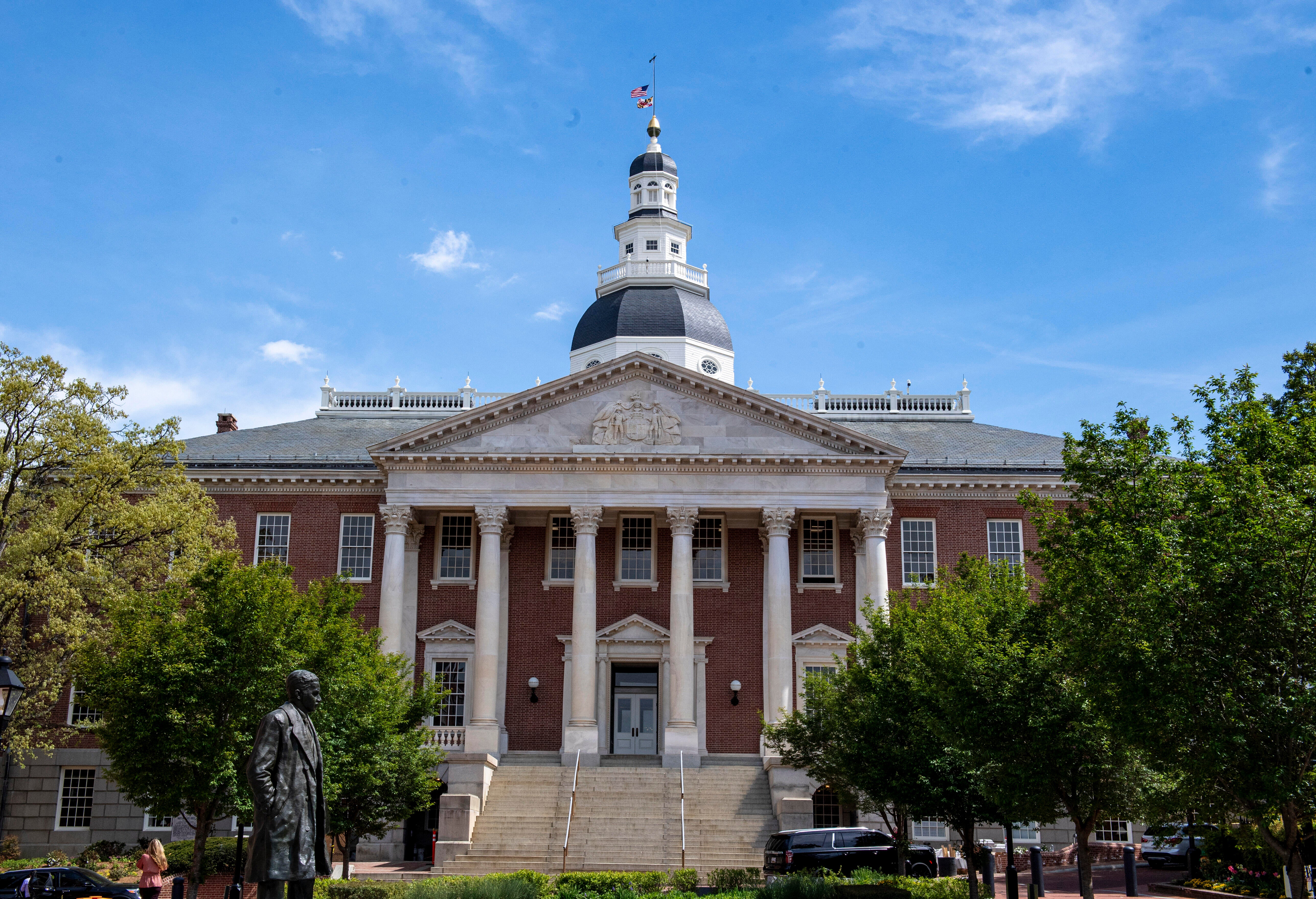New Maryland laws on driving, cannabis, criminal justice and more take effect Oct. 1, 2025
Hundreds of new Maryland laws take effect Wednesday, Oct. 1, impacting traffic enforcement, criminal justice, and more. Here's a look at some of the new changes.
Driving laws
The Sergeant Patrick Kepp Act (HB 744/SB 590) expands what counts as reckless driving. Driving 30 mph or more over the posted limit will be classified as reckless driving. A conviction can result in jail time, a fine of up to $1,000, or both. Six points will be added to the driver's record.
Negligent driving, considered less severe than reckless driving, will carry a higher fine of up to $750. Two points will also be added to the driver's record.
Aggressive driving will now be triggered by committing two or more listed traffic violations in a single driving period, reduced from three. A conviction carries a fine of up to $1,000.
Another measure, HB 189/SB 187, disqualifies commercial learner's permit holders from driving commercial vehicles for one year if they are caught operating any vehicle with a blood alcohol concentration of 0.08 or higher.
Eric's ID Law (SB 618) allows drivers to request a notation of a nonapparent disability—such as autism, epilepsy or PTSD—on their driver's license, ID card or moped permit.
Cannabis laws
HB 413/SB 925 allows adults 21 or older to manufacture small "personal use" cannabis products under strict conditions. The law defines a personal use amount as up to 1.5 ounces of usable cannabis, 12 grams of concentrate, 750 milligrams of THC in products or two plants.
The law also raises felony thresholds for controlled substances, increases penalties for large-scale distribution and modifies penalties for firearms offenses. It allows certain individuals convicted under "volume dealing" or "drug kingpin" statutes before this law to file for sentence modifications.
Criminal justice reform
Expungement Reform Act (SB 432) shortens waiting periods for expungement, expands the list of eligible offenses and removes pardoned cannabis charges from public case search. Petitions for expungement may now be filed after five years for most misdemeanors, seven years for second-degree assault and 15 years for domestically related crimes.
The Maryland Judiciary Case Search system will also stop displaying records of cannabis possession convictions that have been pardoned by the governor.
Maryland Second Look Act allows individuals convicted between ages 18 and under 25 who have served at least 20 years to petition for a sentence reduction. Specific exclusions and limits apply.
Another bill, HB 1123, changes how parole is decided by requiring age to be considered, restructuring medical parole procedures, removing the governor's medical-parole veto and adding risk-assessment and hearing requirements.
The Organized Retail Theft Act of 2025 creates a new felony offense for coordinated retail thefts across jurisdictions, allows aggregation of multiple thefts into one case, and requires courts to make a finding of organized retail theft where applicable.
Health and social services
HB 1310 establishes a prescription drug repository program. The law updates Maryland's program that allows unused prescription drugs to be donated and redistributed to patients in need.
